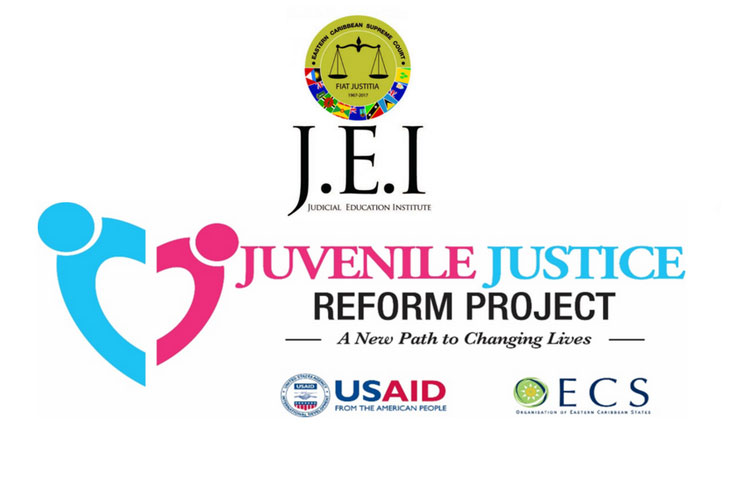An effective Juvenile Justice System requires ongoing training of the professionals in the system – a view supported by the Committee on the Rights of the Child and the Beijing Rules.
In this effort, the Judicial Education Institute (JEI) of the Eastern Caribbean Supreme Court is collaborating with the OECS Commission’s, Juvenile Justice Reform Project (JJRP2) to host a training workshop for Judges and Magistrates of the OECS in the area of Juvenile Justice Reform from October 30 – November 1, 2017 in St. Lucia.
While most Judges and Magistrates, as key professionals in the system, have received training in the past in the area of juvenile justice at various levels, due to turnover in the judiciary and the need for continuous professional development training in this area is always relevant.
The training will focus on, inter alia:
- child development;
- mental health and risk assessment;
- the UN Convention on the rights of the child and other international agreements for juvenile justice systems;
- the Child Justice Bill/Act;
- diversion; and
- alternative Sentencing.
The advent of Phase 1 of the Juvenile Justice Reform Project, which had Legislative Reform as one of its four objectives, and Phase 2, which focuses on the implementation of key aspects of the reform legislation, makes ongoing training a necessity to effectuate the reform measures therein.
The workshop is funded by the United States Agency for International Development (USAID) under the Juvenile Justice Reform Project (JJRP2).
Facilitators of the training include various professionals in the discipline of child development, legal and social services.
Read More: OECS Juvenile Justice Reform Programme
Read More: USAID Juvenile Justice Reform Project (JJRP) Supports Partners in Mental Health





